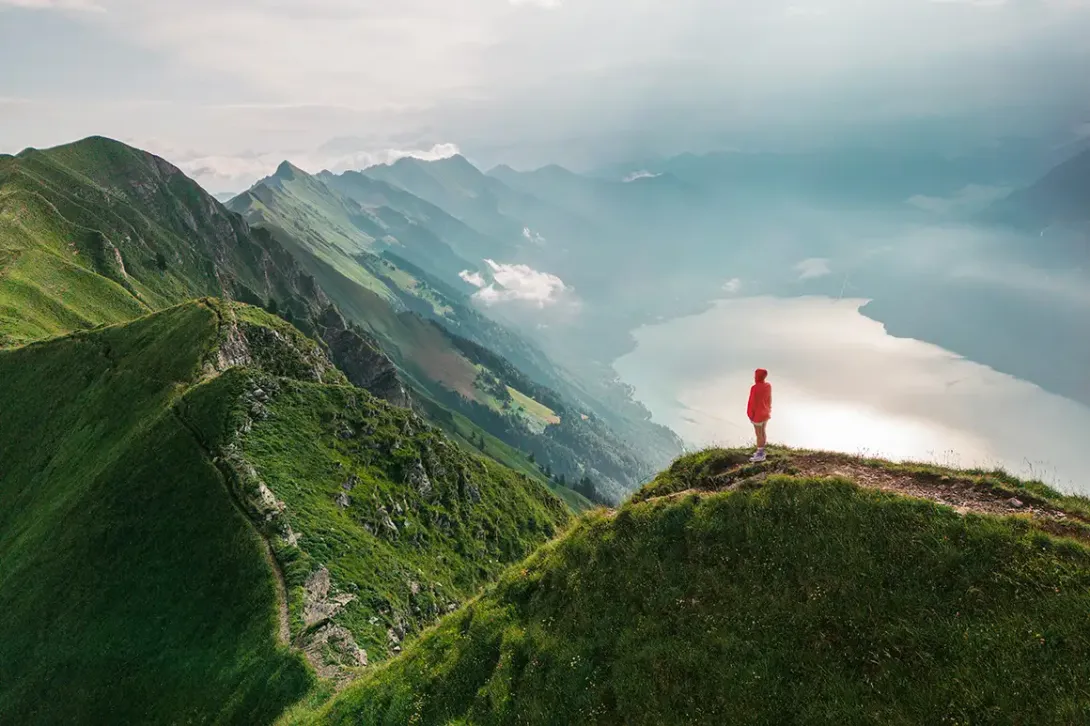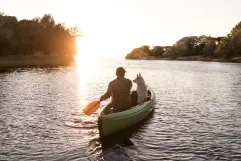
Holidays that are more responsible
To fight against climate change, we need to change from a mass tourism model, based on consumption and exploitation of the landscape and resources, to other alternative ways, which are more environmentally-friendly.
With the arrival of the summer, come the holidays. As happens every year, Spain will see the number of its visitors increase – even more, over the next days and weeks. But this is nothing new; although it might seem that the mass tourism model is a part and parcel of the globalisation era, the truth is it started out with a bang in the nineteen sixties. At this time, the Minister for Information and Tourism, Manuel Fraga launched the famous slogan Spain is Different to encourage the international community to discover our country. Since them, it seems that the phenomenon (which is also occurring with intensity in many other places), has increased in leaps and bounds, with the unavoidable consequences that it means for the fight against climate change.
Fortunately, a growing number of people are thinking about other, much more environmentally-friendly ways of enjoying their holidays. As the researchers Marta Nel-lo and Claudia Llanes explain in their essay Ecoturismo (Ecotourism) (UOC, 2016), many citizens “want to take part in recreational, sporting and adventure activities, in addition to discovering the history, nature and wildlife of the areas that they visit.” The old model of “passive” tourism (those who prefer to lie on the beach without paying any attention to the natural or cultural wealth around them) or what we could call “intrusive” tourism (because it leaves a negative footprint in the places visited) must be changed over to active, respectful travellers.
The 'allocentric' visitor
This change of model will be accompanied by the need to avoid the most saturated places. The specialist in tourism models Stanley C. Plog talks about an “allocentric” visitor, who wants to live new experiences in non-touristic areas. This does not only imply a series of benefits for the ecosystem, but it also has a redistributive effect for the economy. As indicated by Nel-lo and Llanes, this so-called “alternative tourism” involves a more harmonious relationship with the environment; respect and conservation of the nature and culture of the regions visited; support for small responsible businesses and local communities, or the enjoyment of significant, less standardised experiences.



